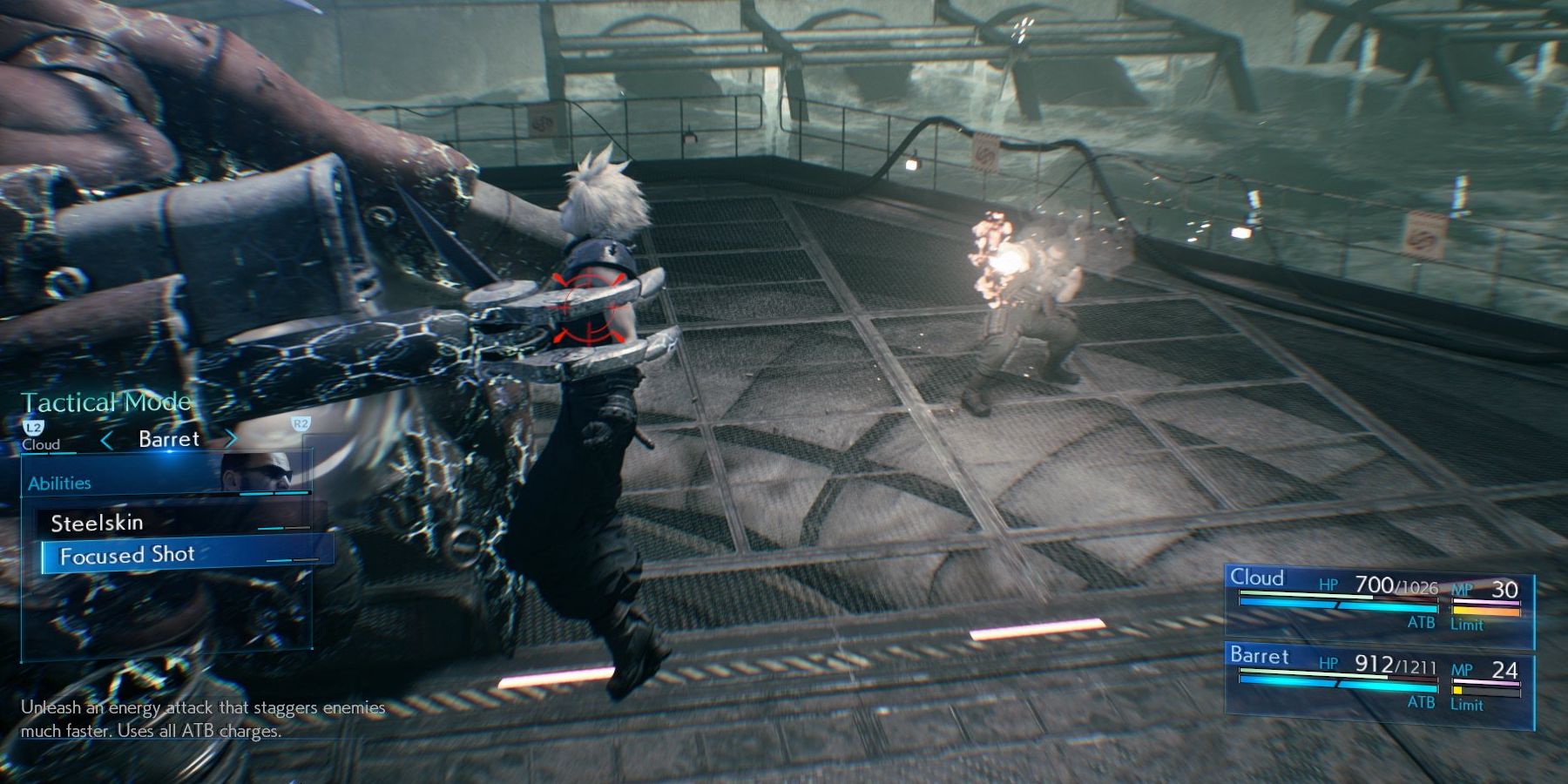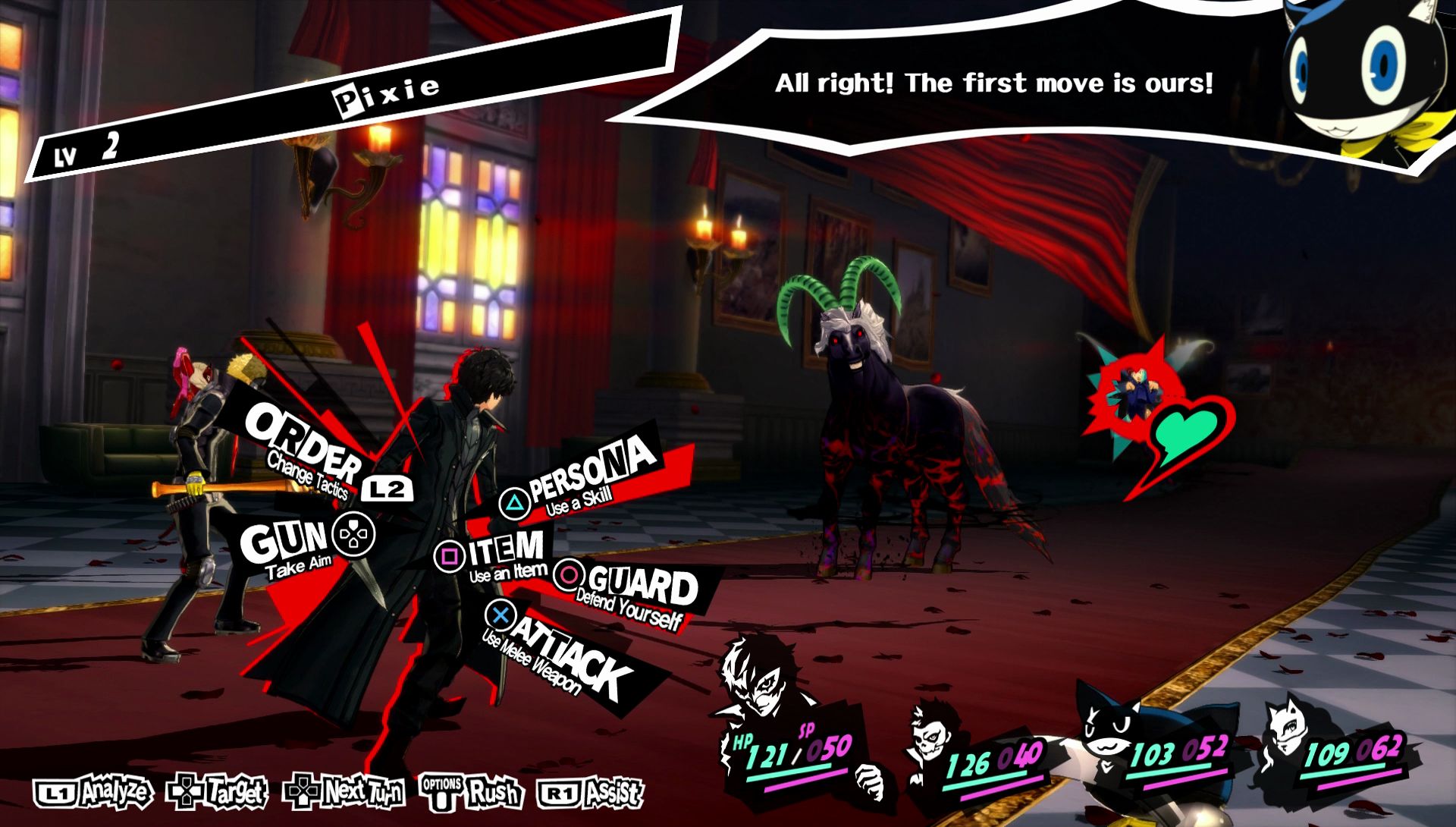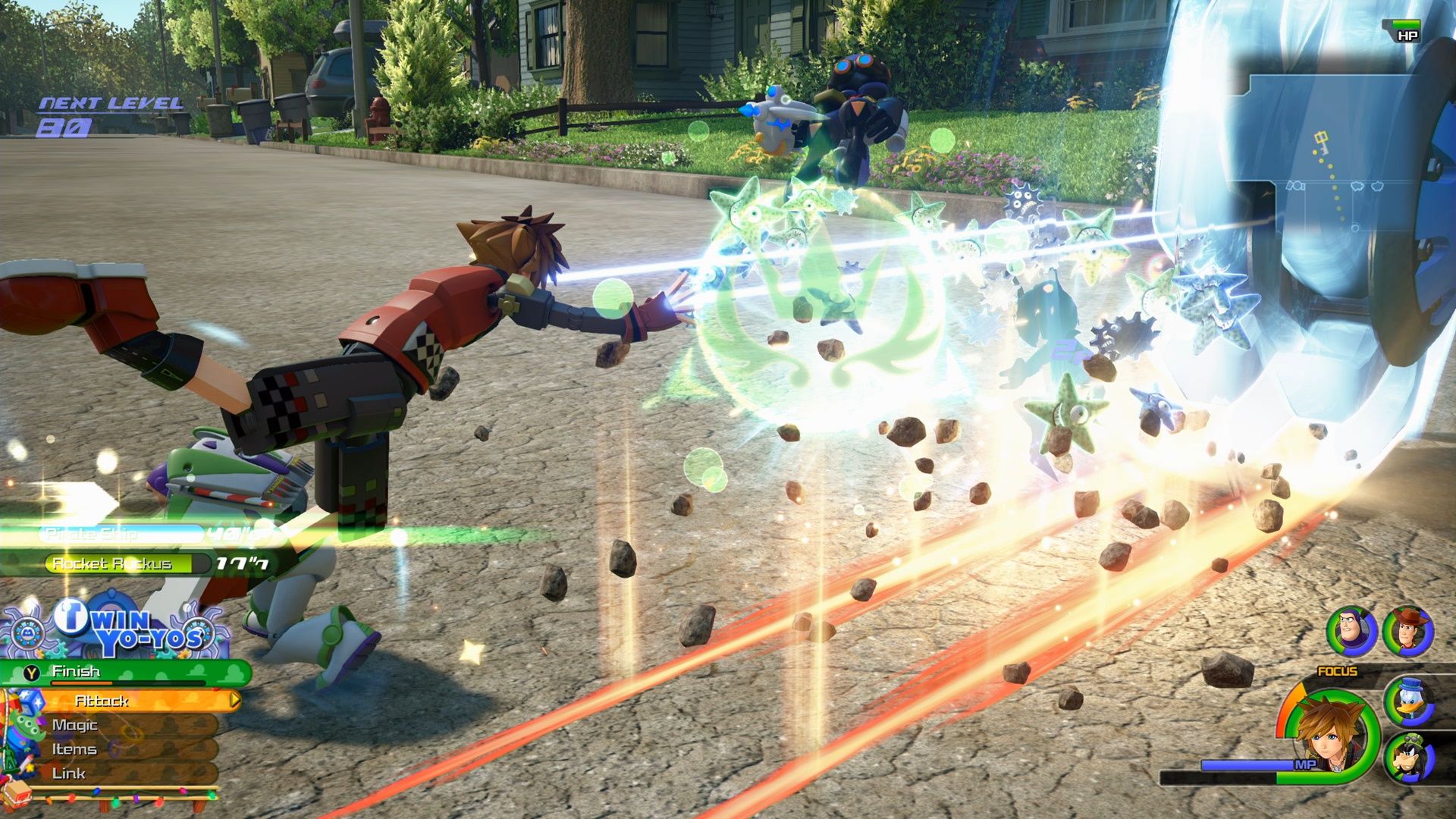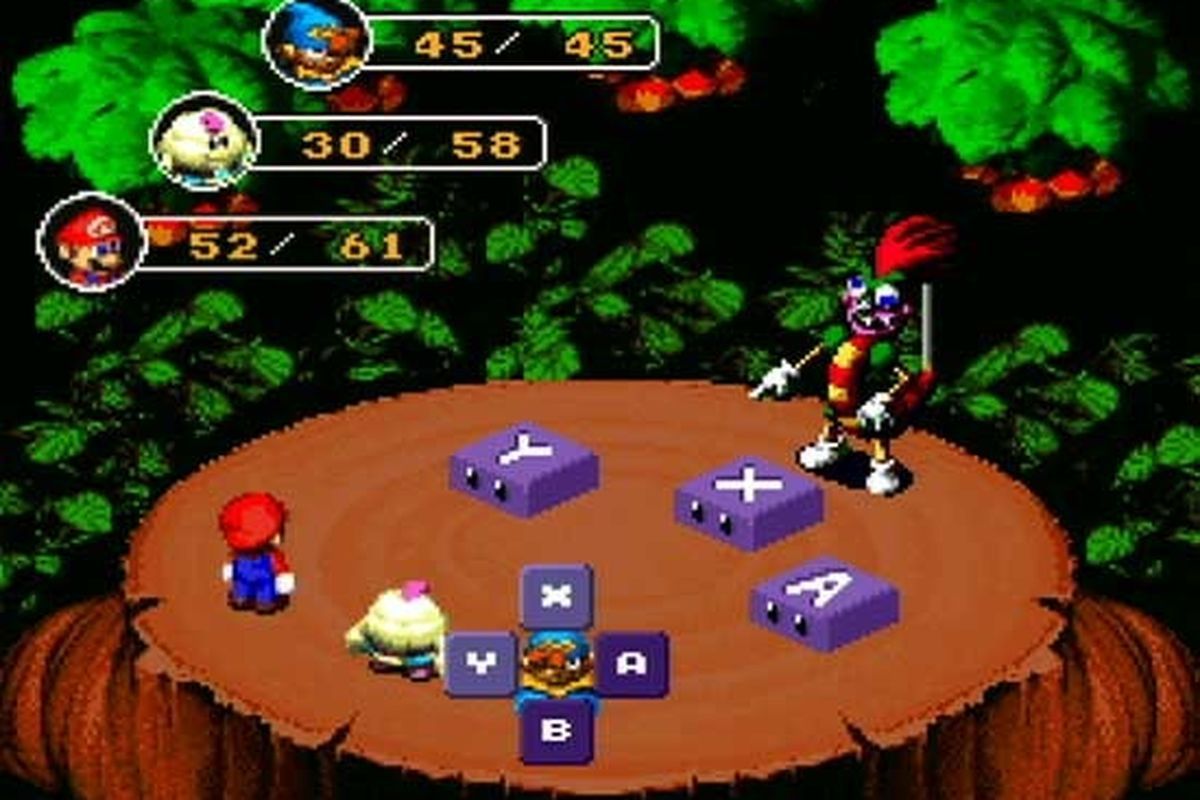In the Super Nintendo era of role-playing games, turn-based combat was the norm, due to technical limitations and simplicity's sake. Action-RPGs of this time generally had Legend of Zelda elements, with later PlayStation action-RPGs blending reflex-based combat like manually dodging and firing basic attacks with time-pausing menus to choose items, spells, or abilities. The Tales series was notable for having a mix of button-combination based abilities alongside menu-based spells.
As processing power and graphics systems evolved, many new RPGs focused on the action aspect of combat, with a noticeable straying from the use of time-pausing menus in favor of more active combat. Some games allowed for no stoppage of the flow of action whatsoever, aside from a pause button or a cutscene. Other games, however, still stuck to the slower, turn-based systems of the past, usually putting a focus on preparation and tactical decisions.
In a time where both systems are still being refined further and further, it's ultimately up to the gamer to decide which is more appealing: Turn-based or action RPGs.
Games like Persona 5 and its remake Persona 5 Royal take the concept of turn-based combat to a polished, demanding edge. There's very little 'twitch' reflex needed for handling battles and hasty decisions are discouraged by virtue of how punishing bad choices can be. It's one thing for an enemy to take reduced damage from an attack, but healing them or having that attack reflected back makes the stakes of choosing actions carefully all the more critical.
However, this kind of game rewards preparation and learning to exploit the battle system. With the right setups (that admittedly will take hours and hours of grinding), it's entirely possible to make certain bosses completely ineffective.
Other games like Darkest Dungeon prefer to give players a much more harrowing challenge with an unforgiving RNG and very permanent consequences. With very limited healing and increasingly severe factors that can cause party members to act erratically, Darkest Dungeon provides perhaps the most severe example of turn-based RPGs in which sacrificing beloved characters or learning to cut losses is not so much failure on the player's part as it is part of the game. Ideally, in a turn-based game a player should be required and rewarded for using all available resources, such as healing, buffs, debuffs and equipment setups as opposed to simply focusing on raw damage.
One of the more famous examples of Action-RPGs is the Kingdom Hearts series, which -- while retaining classic RPG elements such as equipment, a semi-class selection and recognizable elements of the Final Fantasy series -- manages to keep the combat flowing at a lightning pace. Players are encouraged to use shortcut hot keys to map out magic and item setups for quicker use, on the fly transformations and summons, as well as rewarding well-timed guards, dodges and reactions with openings that can bring down tougher foes.
More recent is the updated Final Fantasy VII, which shifts from its previous, turn-based roots to a greater emphasis on active dodging and rapidly engaging enemies. Final Fantasy VII differs from Kingdom Hearts in that selecting abilities slows time to a crawl, keeping the action moving until a command is finalized. How this compares to the older PlayStation version is most notable when players have the option to dodge a boss's incoming super attack by moving out of a large, ominous red warning area as opposed to hoping a character's defense and HP are high enough to survive.
While these are some of the more well-known examples of their respective RPG types, attention should also be paid to notable hybrids.
Super Mario RPG attempted to take the best elements of action and RPG and blend them into an easily approachable game. Super Mario RPG allowed for turn-based combat, with actions firing off immediately after confirmation -- but to get the most out of every action, players had to time button presses and other commands to maximize the effects of their attacks.
The Paper Mario and Superstar Saga games expanded on this, allowing players to dodge attacks completely sometimes with good timing, turning boss battles from a matter of preparation and correct decisions into a combination of tactics and reflexes.
Ultimately the decision for which one is better is up to the player, as it always has been. Sometimes a more fast-paced action RPG like Kingdom Hearts or Trials of Mana is preferable, while other times slower-paced but more tactics-oriented combat like Persona 5 is appreciated. Technology may have progressed to the point that the old ways of turn-based combat are no longer exclusively necessary, but that doesn't mean they should be abandoned.




